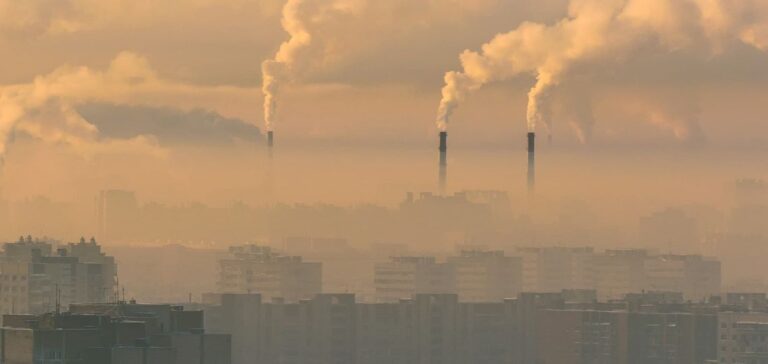Global methane emissions from fossil energy sources reached 120 million tonnes in 2024, a level close to the historical record set in 2019, according to the International Energy Agency (IEA). This estimate is based on the latest edition of the Global Methane Tracker, which relies on measured rather than self-reported data.
Chronic leaks and the role of the fossil sector
Methane is mainly emitted during extraction, flaring and transportation operations involving fossil fuels. This gas, the principal component of natural gas, is approximately 80 times more warming than carbon dioxide over a 20-year period. According to the IEA, the energy sector is responsible for one third of anthropogenic methane emissions, second only to agriculture.
Each year, around 580 million tonnes of methane are released into the atmosphere, 60% of which come from human activities. The IEA report indicates that 70% of energy-related methane emissions could be avoided at low cost, thanks in part to available gas capture technologies already on the market.
Satellite monitoring and reporting discrepancies
The agency highlights a significant gap between satellite-measured figures and official data submitted to the United Nations. The IEA’s estimates are approximately 80% higher than national disclosures. This gap is attributed to the detection of large-scale leaks, sometimes concentrated at specific sites designated as “super-emitters”.
The European satellite Sentinel 5P, specialised in detecting methane plumes, recorded a record number of such events in 2024. The main emission hotspots were observed in the United States, Russia and Turkmenistan, according to the agency.
Diffuse sources and weak control standards
Abandoned infrastructure, including inactive oil wells and closed coal mines, also constitutes a significant source of emissions. These sites alone released 8 million tonnes of methane last year, making them the fourth-largest fossil-origin methane emitter worldwide, according to the IEA.
Despite commitments covering 80% of global oil and gas production, only 5% of that production currently meets verifiable near-zero methane emission standards. This widespread lack of compliance raises concerns within the sector over the effectiveness of existing regulatory frameworks.
Think tank Ember has stated that methane emissions from the fossil sector must be reduced by 75% by 2030 to align with long-term climate goals. “Coal methane is still being overlooked,” said Sabina Assan, an analyst at Ember. She noted that economically viable technical solutions are already available and easy to implement.






















